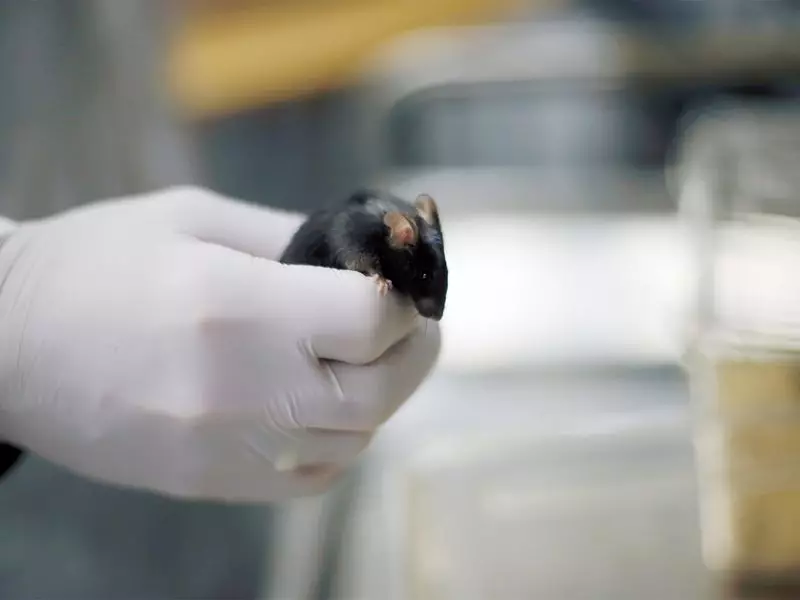
In a significant breakthrough for space research, China has successfully recovered four mice that spent 36 days orbiting Earth as part of groundbreaking life science experiments. The rodents returned safely to our planet aboard the Shenzhou-18 spacecraft's return module, marking a major milestone in biological studies conducted in space.
Successful Recovery and Mission Details
The China Manned Space Agency (CMSA) confirmed that the four mice landed safely at the Dongfeng landing site in China's Inner Mongolia region. The spacecraft's return module touched down as scheduled, completing a mission that launched on April 26 from the Jiuquan Satellite Launch Center. The recovery team quickly located the module and transported the animals to Beijing for detailed analysis.
According to the agency's statement, all four mice were in good health condition upon their return to Earth. This successful recovery demonstrates China's growing capabilities in conducting complex biological experiments in space and safely returning specimens for further study.
Scientific Objectives and Research Focus
The primary goal of this mission was to conduct life science experiments focusing on the effects of microgravity on mammalian biology. During their 36-day stay in space, the mice were housed in specially designed cages aboard China's Tiangong space station, where they were monitored continuously by cameras and sensors.
Scientists are particularly interested in studying how extended spaceflight affects bone density, muscle mass, circadian rhythms, and overall physiological changes in mammals. The data collected from these experiments could provide crucial insights for future long-duration human space missions, including potential missions to the Moon and Mars.
Broader Implications for Space Exploration
This mission represents China's first vertebrate life ecology experiment in orbit, signaling the country's ambitious plans for space research. The successful return of the mice opens new possibilities for more complex biological studies in space, potentially including larger mammals in the future.
The research conducted during this mission aligns with global efforts to understand how living organisms adapt to space environments. As space agencies worldwide plan for longer missions beyond Earth's orbit, such experiments become increasingly critical for ensuring astronaut health and safety during extended space travel.
China's space program has been rapidly advancing, with the Tiangong space station serving as a platform for numerous scientific experiments across various disciplines. The success of this mouse mission reinforces China's position as a major player in space research and exploration.






